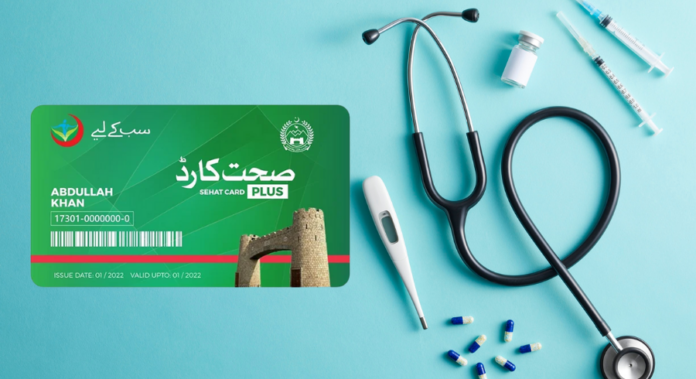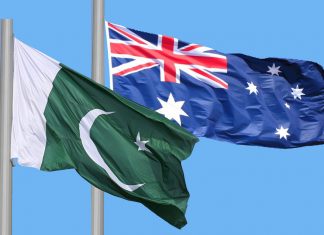PESHAWAR: Khyber Pakhtunkhwa’s (KP) flagship Health Card scheme is under scrutiny after the Auditor General of Pakistan’s report pointed out alleged financial irregularities exceeding Rs28 billion between 2017-18 and 2021-22.
The audit findings raise concerns about governance, transparency, and accountability within KP’s health sector. The report identifies several lapses in financial management. These include the improper inclusion of private hospitals in the health card panel, payments to facilities not registered with the Health Care Commission, and weak financial oversight.
According to the report, of the 48 hospitals listed in the health card panel across 10 districts, 17 were not registered with the Health Care Commission as required by the provincial government’s agreement with State Life Insurance. Despite this, these hospitals received payments under the scheme.
In Swat district, for example, two such hospitals—Anwar Hospital and Kings International Hospital—received over Rs128 million.
The State Life Insurance Corporation of Pakistan, which manages the scheme, was paid approximately Rs2.77 billion during the audit period. However, it failed to deduct the required 8% income tax, resulting in a loss of over Rs216 million for the provincial exchequer.
No response from the Department of Health or State Life Insurance was received on Profit’s queries.
Concerns were also raised over the excessive hiring of security personnel in 32 district headquarters hospitals, leading to a loss of Rs82.4 million. In response, the health secretary suspended outsourced security services in February 2023 to address this issue.
A reform project aimed at improving non-teaching hospitals had a budget of Rs207 million, with Rs47 million allocated for procurement and security services. However, public hospitals failed to collect their required 25% share from patients, causing a loss of Rs27.47 million to the treasury.
Procurement procedures were also compromised, as a nearly Rs20 million tender for supplies was not publicly advertised as required by the KP Public Procurement Regulatory Authority. Contracts were instead awarded to pre-approved companies, violating procurement rules.
Regarding infrastructure development, Rs240 million was allocated for the rehabilitation of district headquarters hospitals. The Infrastructure Development Authority Punjab, which was engaged for the work, received Rs107 million in advance payments by June 2022. However, no significant progress had been made by April 2023.
Data from the Health Card Plus programme for 2021 reveals that 69% of patients opted for private hospitals, while only 31% used government facilities. Private hospitals charged significantly higher fees per patient compared to public hospitals.
Statistics from Swabi district further highlight the disparity. Bacha Khan Medical Complex treated nearly 30,000 patients, incurring expenses of around Rs338 million, while Sardar Khan Hospital, a private facility, treated 15,000 patients but reported expenses exceeding Rs882 million—more than double despite treating fewer patients.
The KP government now faces mounting pressure to investigate the findings, ensure accountability, and implement corrective actions to restore public confidence in the health card programme.
























